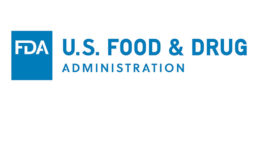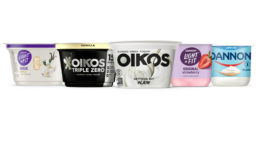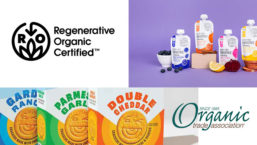Home » FDA
Articles Tagged with ''FDA''
The Phase II targets will continue to focus on commercially processed, packaged, and prepared foods in the marketplace
Read More
FDA, USDA, EPA Enhance Efforts to Reduce Food Loss and Waste
The US Agency for International Development joined the collaboration as a federal partner with international reach
June 3, 2024
What to Know About the Qualified Health Claim for Yogurt
Danone North America comments on the FDA acknowledgement of the link between yogurt and a reduced risk of Type 2 Diabetes
March 8, 2024
FDA Proposes to Ban Food Additive, Continues Assessments of Additional Chemicals
The agency concluded that the intended use of brominated vegetable oil in food is no longer considered safe
November 14, 2023
FDA to Transform Human Foods Enterprise
FDA deputy commissioner for Human Foods commits to fulfilling vision of proposed program
October 20, 2023
FDA Draft Guidance Could Result in Safer Food Options for People with Allergies
Draft guidance provides examples of ways manufacturers can minimize or prevent allergen cross-contact and undeclared allergens
September 27, 2023
Consumers Seek Trust and Reliability in ‘Natural’ Labels
For now, manufacturers and end users interpret and set individual standards for natural product claims
June 13, 2023
FDA to Change Standards to Include Salt Substitutes
The proposed rule could help support a healthier food supply by facilitating industry innovation
March 24, 2023
FDA Provides Draft Labeling Recommendations for Plant-based Milk Alternatives
The FDA is in the process of developing a draft guidance to address the labeling and naming of other plant-based alternative products
February 24, 2023
Regenerative Agriculture, FDA Standards and Organic Product Innovation
Organic food and beverage innovation evolves with new approaches to R&D, marketing and trade association support
February 15, 2023



